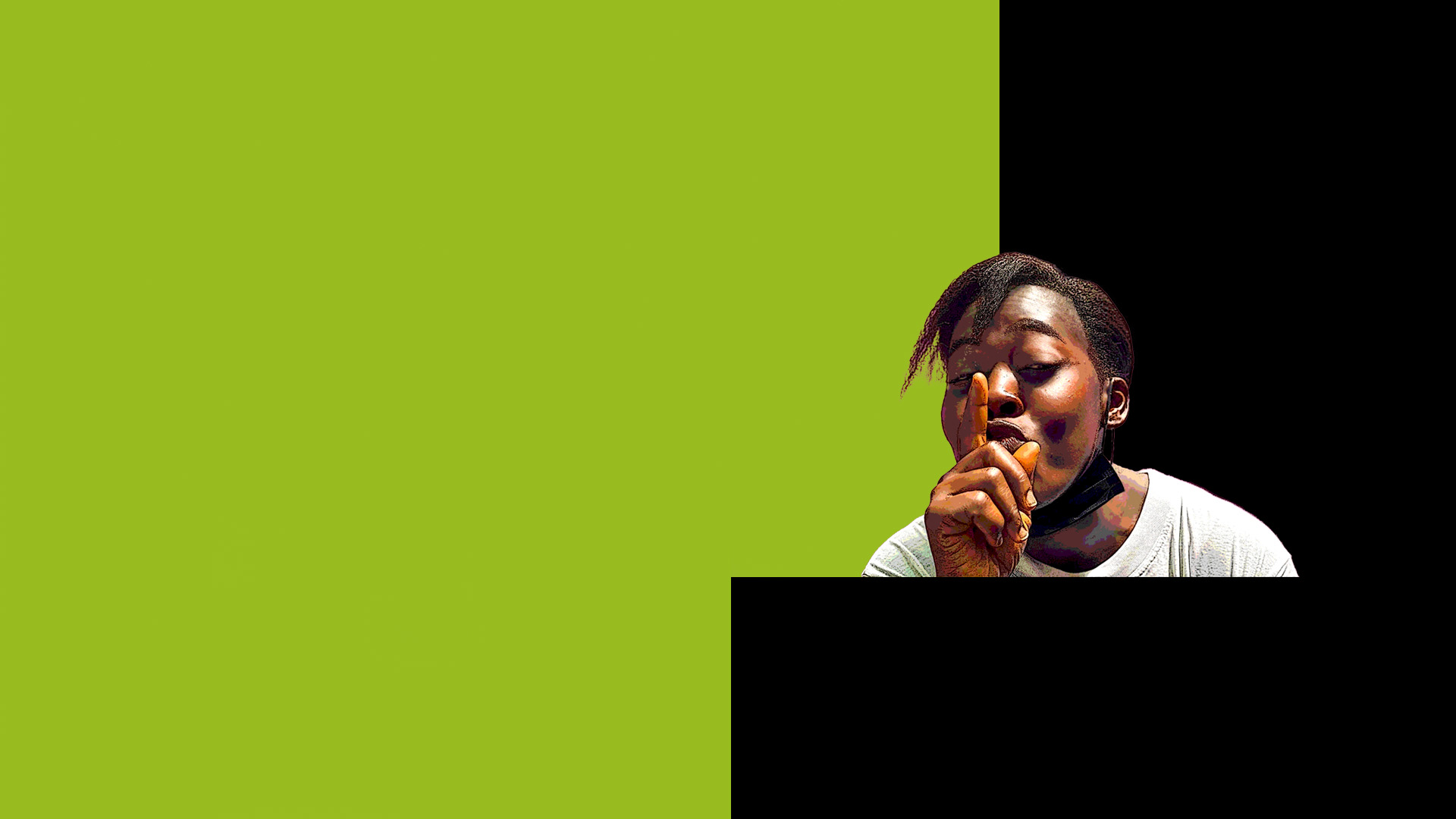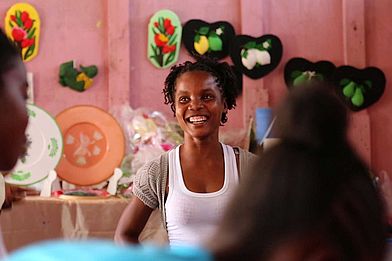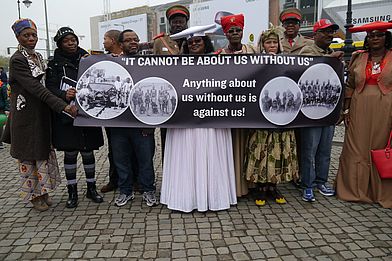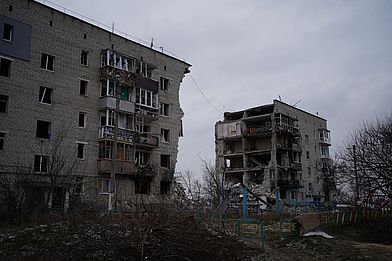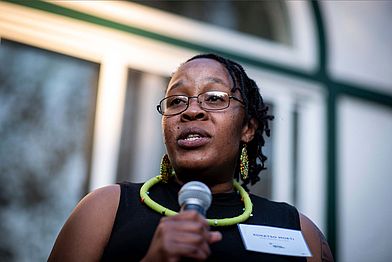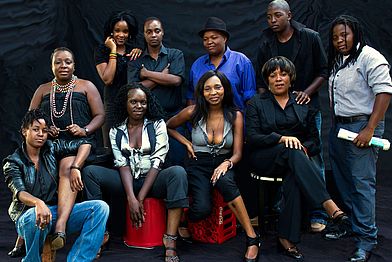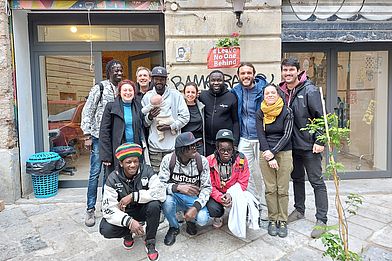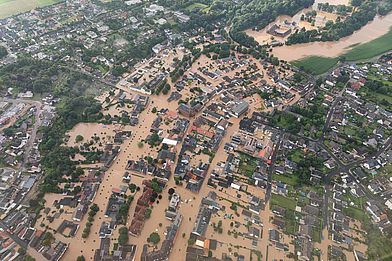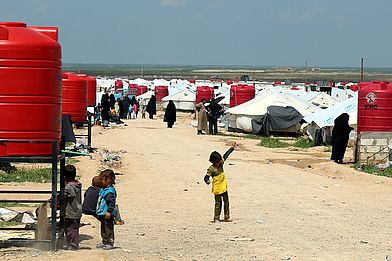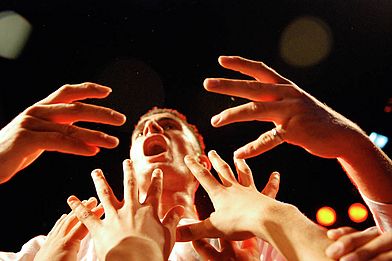In a troubled world, psychosocial work means not simply enduring the conditions in the world that make people ill.
‘Mental disorders are – first and foremost – human reactions to inhuman experiences.’ This sentence formulates our conviction that mental suffering can neither be prevented nor overcome if nothing changes in underlying living conditions and conditions of violence and exclusion.
Deprivatising suffering
According to the World Health Organisation, at least 1 in every 8 people around the world suffers from a mental disorder. The fact that people in the Global South are affected more often than people in privileged parts of the world proves that there is no separating mental health from the social, political and economic realities of life. On the contrary, living life exposed to war and violence, in inhumane conditions and poverty, surrounded by a lack of security or under massive pressure can all make people ill – both physically and mentally. In this respect, the symptoms that individuals experience are also an expression of social conditions. And people who talk about mental disorders should not remain silent about overwhelming, frightening and degrading living conditions.
That is why we support psychosocial approaches where individual suffering becomes noticeable as a shared, collective experience. This could be self-organisation and counselling services – including therapy – but also joint theatre and cultural projects or demonstrations. By establishing connections and relationships between people who have gone through similar experiences, participatory processes like these can help people to overcome experiences of powerlessness. They can regain or achieve confidence, dignity and the ability to take action. So we always think of psychosocial support provided for people in situations where they are facing exclusion and violence as going together with examining and the possibility of overcoming their causes.
Emancipatory care relationships
The spiral of global destruction is twisting faster and faster. Social divisions are deepening, and the damage caused to the world is increasingly irreparable. While all of this makes people everywhere more insecure, both objectively and subjectively, their insecurities are not the same across the board. Psychosocial work has to get to grips with these crisis dynamics too. In this way, we are trying to understand how protection against fear, the denial of compassion and authoritarian developments interact with one another.
How can social brutalisation be confronted and what with, and what can be done to counteract the erosion of solidarity and all-round exhaustion? Greater attention has recently been paid to the practice of emancipatory care relationships: as a way of relating emphatically with one another; as social spaces where we can share our hurts and grief and collectively articulate our anger and desires; and as encouragement to continue working for dignified living conditions.
In decades of psychosocial work in global struggles, medico and its partner organisations have repeatedly succeeded in forging relationships of solidarity in the midst of social upheavals. Being committed to a fair world is still about providing critical and ‘bottom-up’ support for those who have become ill due to the conditions, and about creating conditions that not only promote dignity and justice, but also foster the best possible health – both physically and mentally.

